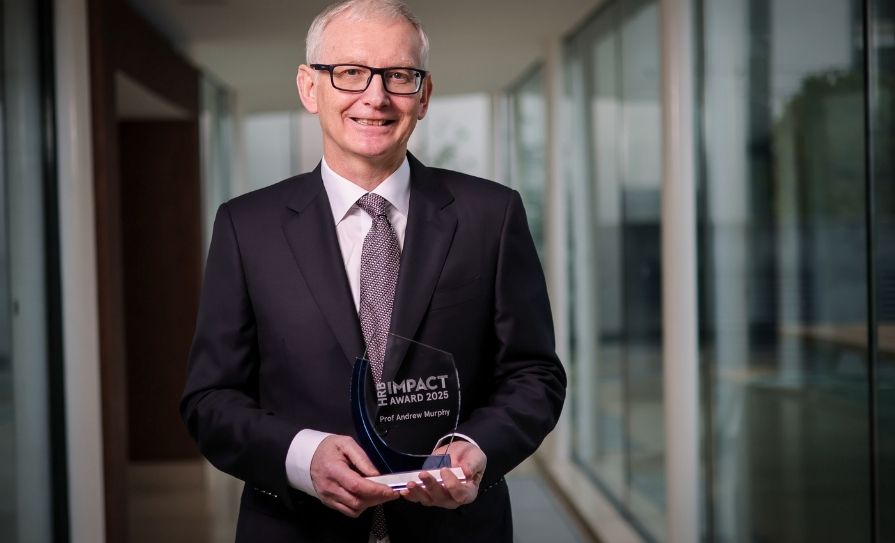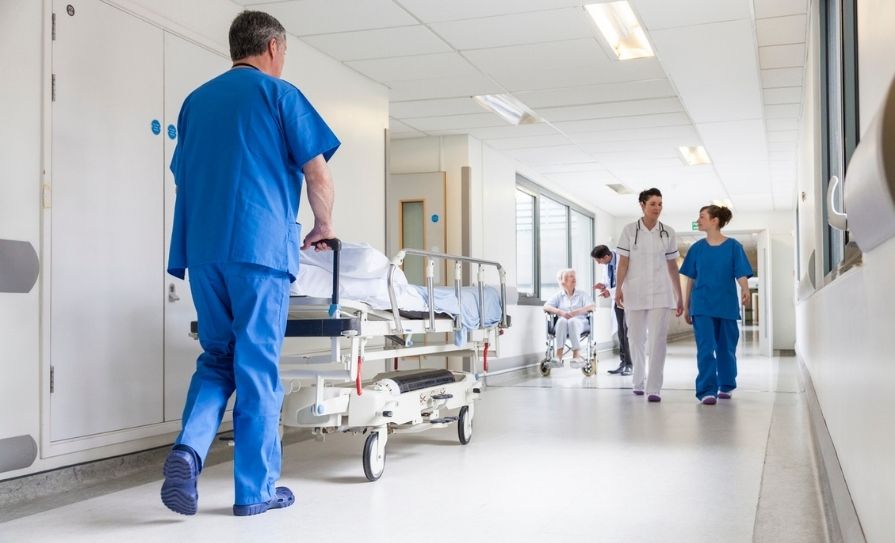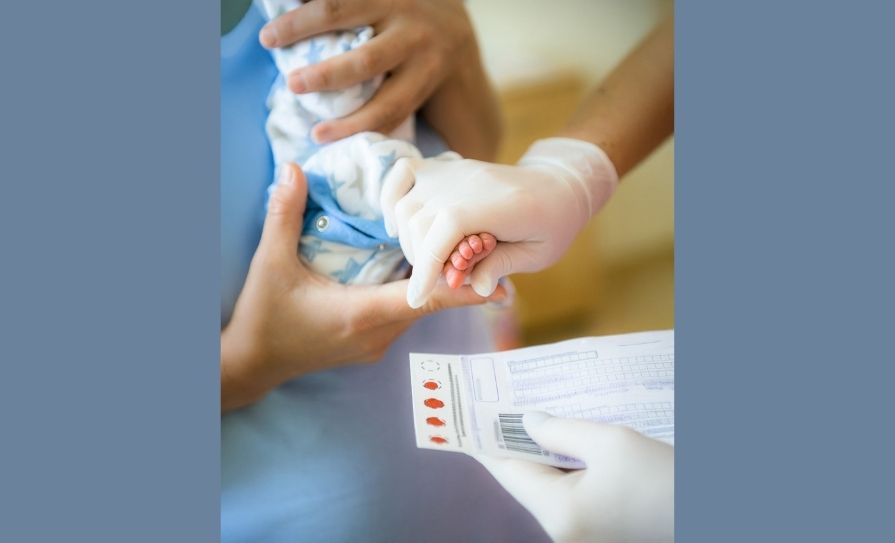Prof Andrew Murphy, recipient of the 2025 Health Research Board Impact Award, discusses his long and distinguished career in general practice with Niamh Cahill
Prof Andrew Murphy, who hails from north Donegal, qualified as a GP in 1992. At the time, there were just 40 GP training places nationally. Of the 10 graduates from the Dublin GP training scheme, under which Prof Murphy graduated, only one was able to secure work in general practice in Ireland because there were no vacancies. The current general practice landscape is entirely different to what it was in the early 1990s, noted Prof Murphy.
“There has been a sea change since then – I think for the better,” Prof Murphy told the Medical Independent.
“When I qualified, 60 per cent of general practice was single-handed, largely working from converted premises with very little additional staff. Today’s graduates are qualifying with two years’ experience in general practice. We only had one year and I didn’t feel ready to start as an independent practitioner after just one year and now the training is so much better than it was.”
Prof Murphy outlined that newly qualified GPs today can expect to join multi-partner practices, operating from purpose-built facilities equipped with advanced IT systems and multidisciplinary teams. Prof Murphy currently practices in Turloughmore Medical Centre, Co Galway.
“Single-handed practices still provide excellent care and in many parts of the country are the only viable option. I’m not in any way diminishing that. Some of the happiest GPs I know who provide excellent care are in single-handed practices,” he added.
Prof Murphy became interested in research and writing very early in his career. One of his first pieces of research, conducted as a GP trainee, was a survey of his peers on the hospital component of general practice training.
He would soon become a lecturer in general practice at University College Dublin, where a new department of general practice was established under Prof Gerry Bury in 1991.
Prof Bury had a long-term interest in acute cardiac research. Prof Murphy said the pair worked together on a number of projects in this area.
CPR
As part of one such study on resuscitation, he recalled going to the Nutgrove Shopping Centre in Dublin, where passersby were asked to perform cardiopulmonary resuscitation (CPR) on a mannequin.
The experiment revealed that the general public had very limited CPR skills. This finding led to efforts to improve CPR awareness and training, with research highlighting significant patient benefits.
Prof Murphy said that Ireland became the fourth country in the world to establish a national out-of-hospital cardiac arrest registry, marking a major step forward in enhancing public response and survival rates.
“I’ve been the lead GP academic on that since its establishment,” he stated. “We were able to show that from 2012 to 2020 inclusive, the resuscitation rate for a key group of patients increased from 20 to 28 per cent.
“The number of people providing CPR in the community – we’ve shown through several papers – increased incrementally year-by-year over that time period. The numbers receiving defibrillation outside of hospital from non-ambulance services increased as well. It’s a really positive community story.”
Structured care
In 1997, Prof Murphy became Foundation Professor of General Practice at the University of Galway, where he continued his work in cardiac research.
“When I came to Galway, we were lucky to get a grant from the Health Research Board (HRB) to do a large all-island trial,” Prof Murphy stated.
In the study involving more than 700 patients across 48 practices on both sides of the border, the researchers examined the structured delivery of care in general practice for patients with established heart disease. The findings showed a reduction in hospital admission rates from 34 to 26 per cent.
“We did further work on that which showed that we reduced mortality as well. So over six years we reduced the death rate by 21 per cent. That was just simple things being done in general practice such as lowering blood pressure, lowering cholesterol, getting folks onto aspirin. Simple things done well made a big difference.”
It’s a very varied and interesting job that I feel very fortunate to work in
Strategy
In 1999, the cardiovascular health strategy group published Building Healthier Hearts, a national strategy aimed at improving cardiovascular health in Ireland.
“A key component of that was general practice, and I was the sole GP member of that group. Working closely with Michael Boland, who sadly is deceased now, but who had such a huge impact on Irish general practice, Heartwatch, Ireland’s first universally accessible chronic disease management programme, got off the ground,” Prof Murphy recounted.
“Multiple evaluations of Heartwatch showed that it did work. It did reduce people’s blood pressure and cholesterol. It was due to be rolled out nationally, but sadly the wheels came off the Irish economy and it was stopped.”
Further work highlighted the lack of adequate funding for research in general practice, which led to the establishment of the HRB Centre for Primary Care Research led by Prof Tom Fahey in the RCSI.
Prof Murphy has been Director of the HRB Primary Care Clinical Trials Network Ireland since its establishment in 2015.
Chronic disease management
One of the big developments in general practice in recent years has been the introduction of the structured chronic disease management (CDM) programme.
“Patients benefit hugely from it,” said Prof Murphy. “When I qualified, patients were deciding when and where to consult. But now it’s much more structured and with a multidisciplinary approach. Most practices would have patients see practice nurses first and spend time with patients and do the appropriate tests and also talk to patients about their priorities. This allows us to have a very focused interaction with them.
“There are clear benefits and the research highlighted we can expect benefits from reductions in admissions to hospital because care has improved and in [regard to] mortality. Patients have brought home to me – and these would be older patients – that often there would be improvements in quality-of-life rather than quantity. They want to live better rather than longer. And I think CDM programmes contribute to that by ensuring people are on optimal medications and a key component of it is looking at medication reviews to make sure patients are still benefiting.”
As a clinical academic, Prof Murphy outlined that his work has four main components: Teaching, research, clinical sessions in Turloughmore, and lastly, perhaps the most burdensome and time-consuming component, administrative tasks.
“I enjoy the mixture of it. Some days when you’re trying to keep a number of balls in the air and one drops, you wish you could just focus on one,” he said.
“But it’s a very varied and interesting job that I feel very fortunate to work in.”
Prof Murphy has always valued clinical practice, emphasising its importance in informing both teaching and research. He believes that maintaining a clinical component enhances the quality and relevance of academic work.
“I’ve been really lucky. Turloughmore Medical Centre is about 10 miles northeast of Galway. It was originally a rural practice, but, like so many areas in recent decades, has become much more of a commuter belt. We have a great team there of around eight GPs and nursing and excellent administration staff working from a purpose-built HSE premises.”
HRB Award
In February, Prof Murphy was presented with the HRB Impact Award for 2025 for his long career in supporting and developing GP services nationally. Peers commended him on his outstanding commitment to general practice research, which they said had shaped primary care policy at home and abroad.
Prof Murphy remains actively engaged in primary care research across Ireland and Europe in various capacities.
Commenting on the award, he described it as a “team-based award” in recognition of research undertaken over the past two decades. “I hope it’s recognition of the importance of general practice research to the country and a direct recognition of the University of Galway’s contribution to that.”













Leave a Reply
You must be logged in to post a comment.